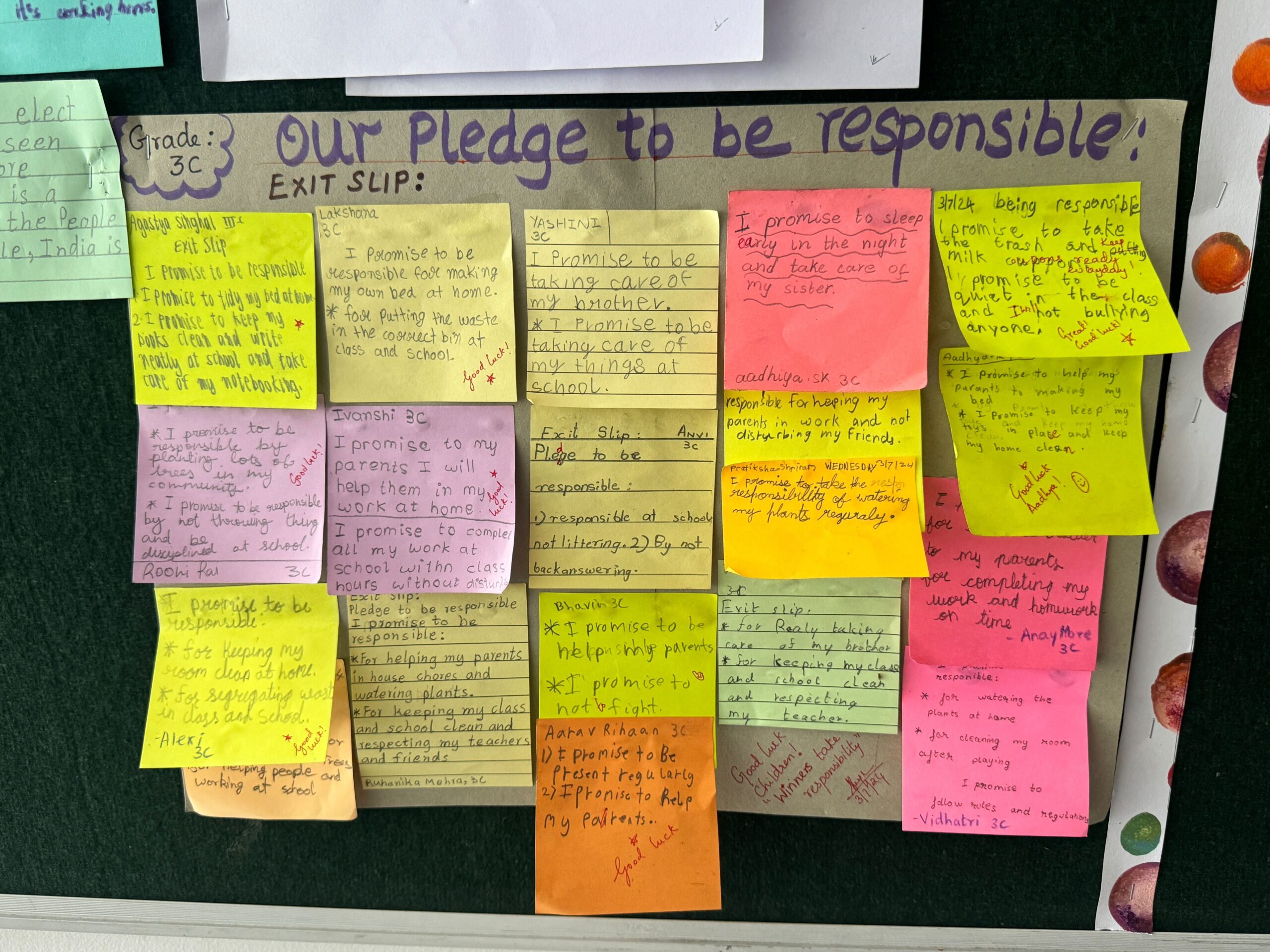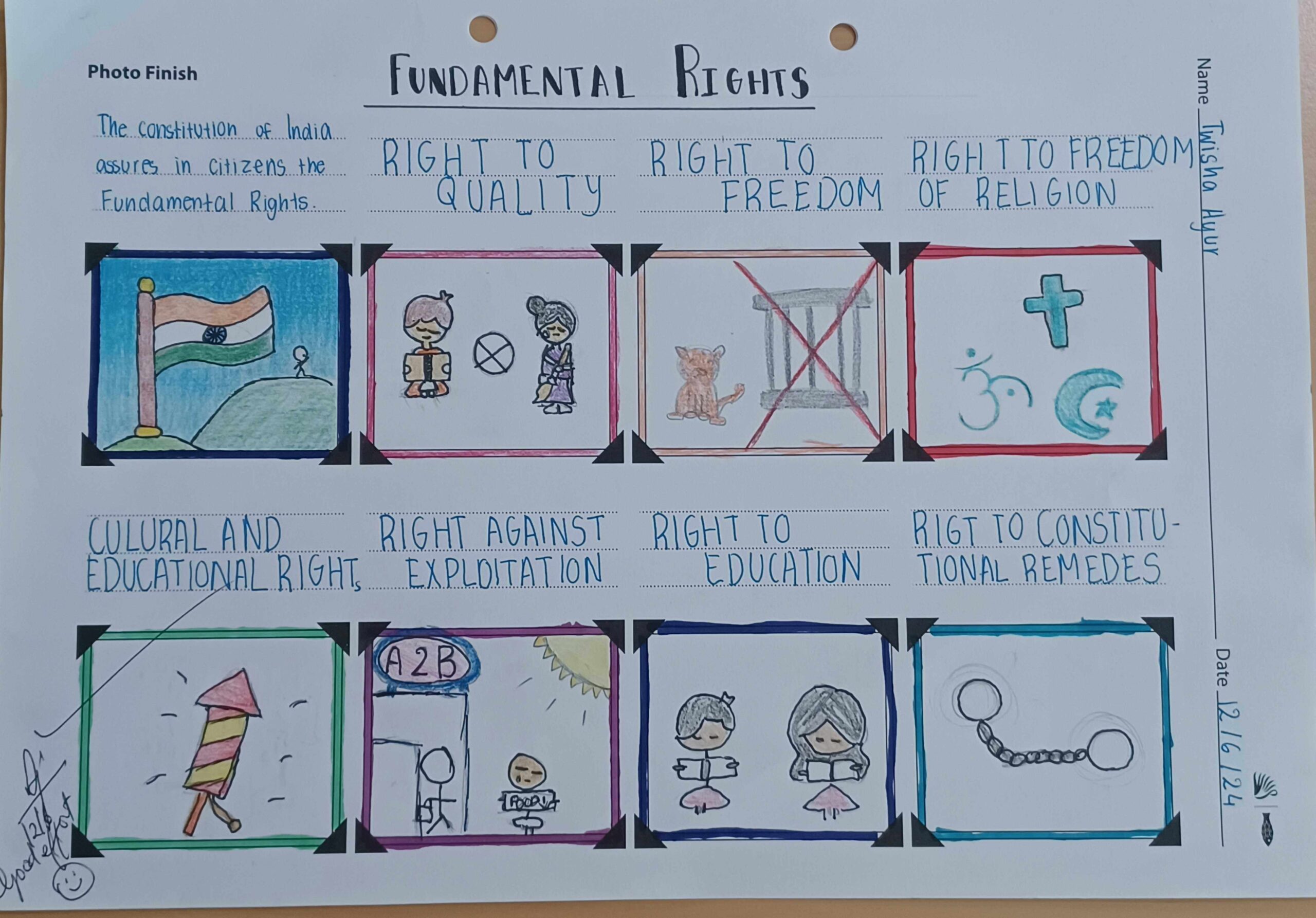EKYA/7 January 2025 Posted by : EKYA Schools
Why Do Humanities and Social Sciences Matter More Than Ever?
Take a moment to think about this: can we truly prepare students for the future by focusing solely on technical skills? The challenges of today’s world—climate change, political polarisation, cultural conflicts, and ethical dilemmas—require more than equations and algorithms. They demand individuals who can think critically about the human condition, navigate complex societal structures, and communicate effectively across cultures.
This is where the humanities and social sciences step in. They are the disciplines that explore the intricacies of human behavior, history, and culture, and they provide the tools for understanding and addressing the complexities of the modern world. As a 2019 report by the Mellon Foundation highlights, the humanities are essential for preserving culture, fostering critical reasoning, and enabling the kind of debate and evaluation of ideas vital to democracy itself.
In Bangalore, a city known for its blend of cultural heritage and technological innovation, leading schools in Bangalore, including CBSE schools, are increasingly recognising the importance of integrating humanities and social sciences into their curriculums. Here we explore how these disciplines shape individuals, why they’re indispensable in education, and how they lay the foundation for a future-ready society.
What Are Humanities and Social Sciences?
At their core, humanities and social sciences are the study of human culture, society, and behavior. They encompass a wide range of disciplines, including:
- Humanities: History, Literature, Philosophy, Arts, Music, Languages, and Religion.
- Social Sciences: Sociology, Psychology, Political Science, Economics, and Anthropology.
These fields are not just about mastering information; they teach students to think deeply, question assumptions, and develop a nuanced understanding of the world. By studying humanities and social sciences, students gain insights into how societies function, how culture evolves, and how individuals interact with one another—both historically and in the present.
In the context of education, these disciplines are invaluable for cultivating skills that go far beyond the classroom.
The Broader Role of Humanities and Social Sciences in Education
1. Encouraging Critical Thinking and Analytical Skills
One of the defining features of humanities and social sciences is their focus on analysis and interpretation. Whether it’s examining the causes of historical events, interpreting a piece of literature, or analysing societal trends, these disciplines teach students to approach problems with critical reasoning.

This ability to think critically is a transferable skill that applies to any field, from STEM to public policy, making it a cornerstone of modern education in top schools in Bangalore.
2. Building Communication and Collaboration Skills
Effective communication is at the heart of any profession. Humanities and social sciences encourage students to articulate their ideas clearly, whether through essays, debates, or presentations. Meanwhile, collaborative projects in sociology, history, or economics foster teamwork and the ability to work effectively in diverse groups. In a world where collaboration across disciplines and cultures is key, these skills are invaluable.
3. Promoting Cultural Awareness and Global Understanding
In today’s interconnected world, understanding diverse cultures and perspectives is more important than ever. Humanities and social sciences bridge the gap between different cultures, offering students the tools to appreciate global diversity and navigate cultural complexities.

For example, studying history reveals how past events shape present realities, while subjects like anthropology explore the rich variety of human experiences. Top CBSE schools in Bangalore are increasingly emphasising these disciplines to prepare students to become global citizens.
4. Fostering Ethical Decision-Making and Social Responsibility
What does it mean to make ethical decisions? How do we balance individual needs with societal well-being? These are the kinds of questions that humanities and social sciences encourage students to grapple with. Philosophy, history, and political science, in particular, help students evaluate moral dilemmas and reflect on their responsibilities toward society.

These fields cultivate not just knowledge but a sense of accountability and ethical decision-making—qualities essential for leadership in any domain.
5. Preparing for the Future with Marketable Skills
The skills fostered by humanities and social sciences—critical thinking, communication, teamwork, and cultural awareness—are increasingly sought after in the workforce. Employers value individuals who can adapt, problem-solve, and understand the broader implications of their work.
Fields like marketing, public relations, education, research, and even technology benefit from professionals with a humanities background. As NH Business Review aptly states, humanities education fosters “career readiness and the ability to work with others to respond better to day-to-day responsibilities and life’s broader challenges.”
Translating Humanities and Social Sciences into Real-World Impact
The value of humanities and social sciences extends far beyond academics. These disciplines are instrumental in addressing some of today’s most pressing issues, from climate change to social justice. For instance:
- Economics and Sociology: Help policymakers understand societal structures and implement evidence-based solutions.
- History and Political Science: Provide context for current events and inform strategies for conflict resolution.
- Philosophy and Ethics: Guide debates about technology, privacy, and the future of artificial intelligence.
By studying these fields, students gain the ability to connect knowledge to real-world problems, making them valuable contributors to society.
How Schools in Bangalore Are Leading the Way
In Bangalore, a city that balances its rich cultural heritage with its reputation as India’s tech hub, many schools are embracing a holistic approach to education. Top CBSE schools in Bangalore, like Ekya Schools, are creating curriculums that integrate humanities and social sciences with STEM, recognising the need for interdisciplinary learning.
Here’s how they’re making an impact:
- Interdisciplinary Projects: Encouraging students to explore the connections between science, technology, and society.
- Skill-Based Learning: Focusing on communication, collaboration, and critical thinking through group discussions, debates, and creative assignments.
- Global Perspectives: Teaching students to view issues through a global lens, preparing them to work and thrive in diverse environments.
By prioritising humanities and social sciences, these schools are shaping students who are not just academically accomplished but also socially conscious and adaptable.
Humanities and Social Sciences Are the Foundation of Holistic Education
Education is not just about producing skilled professionals—it’s about shaping individuals who can think critically, communicate effectively, and contribute meaningfully to society. Humanities and social sciences provide the foundation for these qualities, bridging the gap between cultural knowledge and practical skills.
As schools in Bangalore and around the world realise the importance of these disciplines, they are creating a generation of students who are prepared not just for their careers but for a complex, interconnected world.
By integrating humanities and social sciences into education, we ensure that learning is not just about preparing for the future—it’s about understanding and improving the present.
